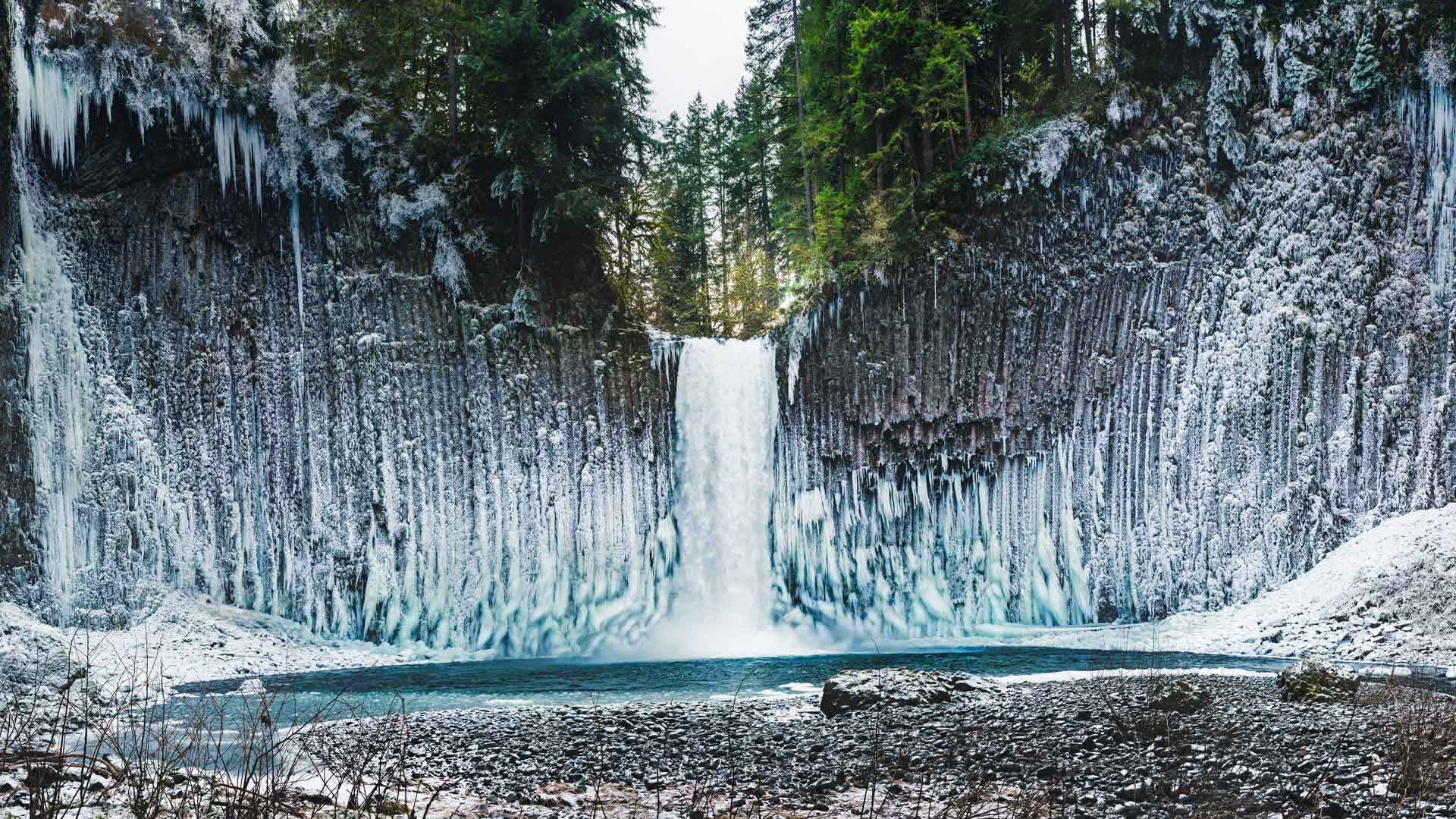In recent years, climate change has become an increasingly urgent issue, with the potential to dramatically alter the planet and affect the lives of people across the globe. As such, the role of news organizations in accurately and effectively reporting on this issue is of utmost importance. The BBC, as one of the world’s most influential news outlets, has a responsibility to provide the public with reliable and comprehensive information on climate change.
However, there have been growing concerns about the accuracy and impartiality of BBC News’ reporting on climate change. Some critics argue that the organization has failed to adequately cover the issue, while others accuse it of downplaying the severity of the crisis. In response to these criticisms, an investigation into the BBC News’ reporting on climate change is necessary to uncover the truth and assess the accuracy and fairness of its coverage.
One key aspect of this investigation is to examine the extent to which BBC News has covered climate change in its reporting. Has the organization devoted significant airtime and resources to the issue, or has it relegated climate change to a secondary or even tertiary position in its news coverage? A comprehensive analysis of BBC News’ programming and editorial decisions is needed to determine the degree of attention given to climate change.
Furthermore, the investigation should evaluate the accuracy and impartiality of BBC News’ reporting on climate change. Are the facts presented in a clear and transparent manner, or are there instances of misinformation or bias? Additionally, the investigation should assess whether the views of climate change skeptics are given undue prominence in BBC coverage, thus potentially creating a false sense of debate or controversy around the scientific consensus on the issue.
Another important aspect of the investigation is to examine the extent to which BBC News has covered climate change impacts and solutions. Has the organization provided comprehensive and in-depth coverage of the effects of climate change on communities around the world, as well as the efforts being made to mitigate and adapt to these impacts? Evaluating the breadth and depth of BBC News’ reporting on these aspects is crucial in determining the quality of its climate change coverage.
Finally, the investigation should also consider the perspectives of experts and the public in assessing BBC News’ reporting on climate change. Are leading climate scientists, researchers, and activists given a platform to share their insights and perspectives, or are their voices marginalized in favor of other viewpoints? Additionally, public opinion on BBC News’ climate change coverage should be collected and analyzed to gauge the impact of its reporting on audience perceptions and understanding of the issue.
In conclusion, an investigation into BBC News’ reporting on climate change is essential to uncover the truth about the organization’s coverage of this critical issue. By conducting a thorough examination of the extent, accuracy, impartiality, and impact of its reporting, the investigation can provide valuable insights into the strengths and weaknesses of BBC News’ climate change coverage. Ultimately, this process can help enhance the quality and effectiveness of the organization’s reporting on one of the most pressing global challenges of our time.
Uncovering the Truth: Investigating BBC News’ Reporting on Climate Change




